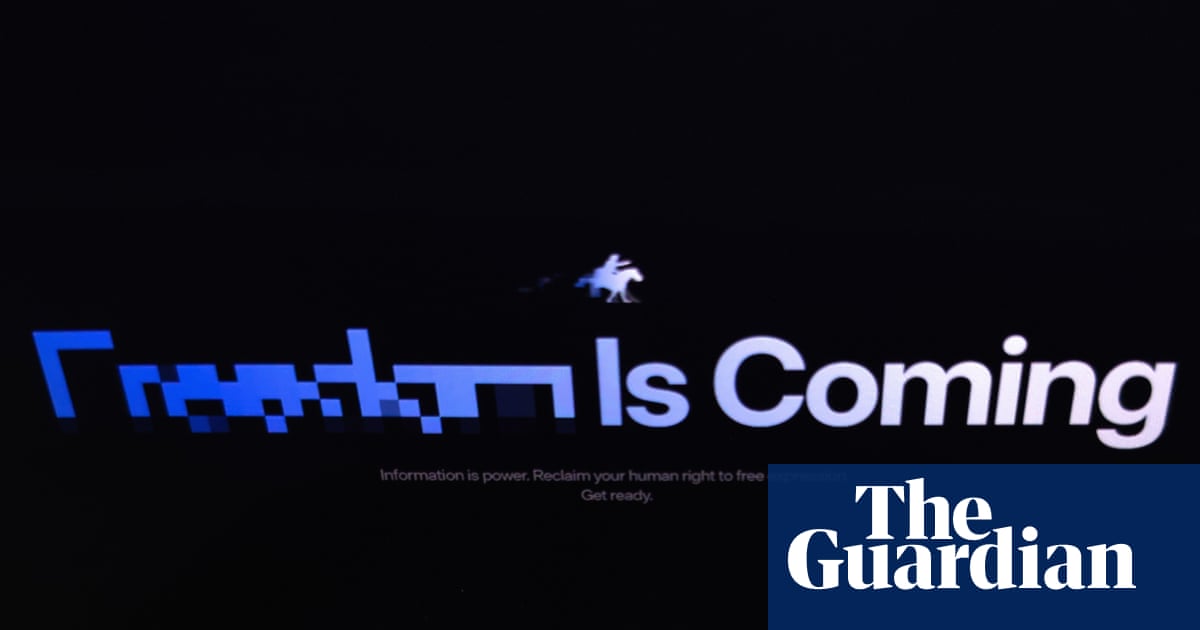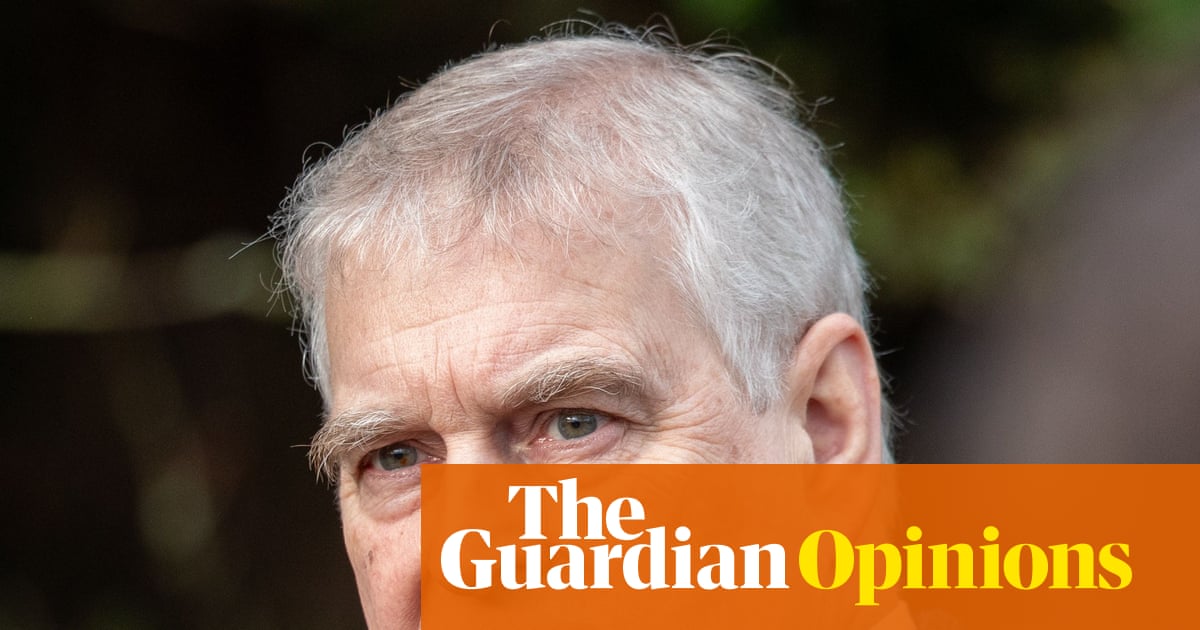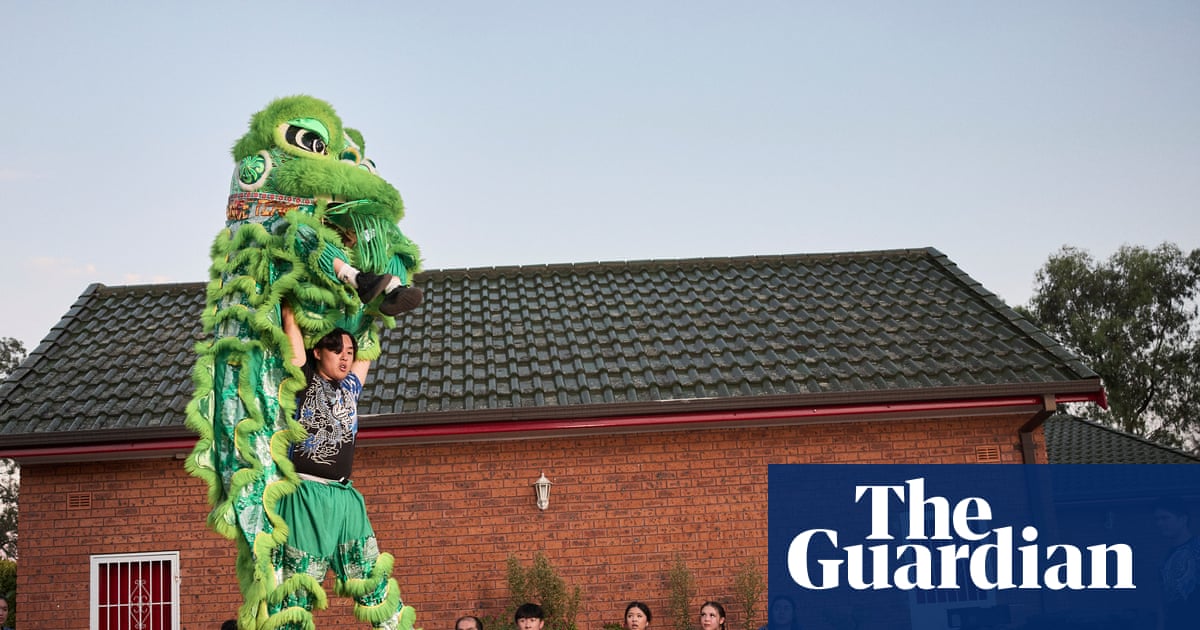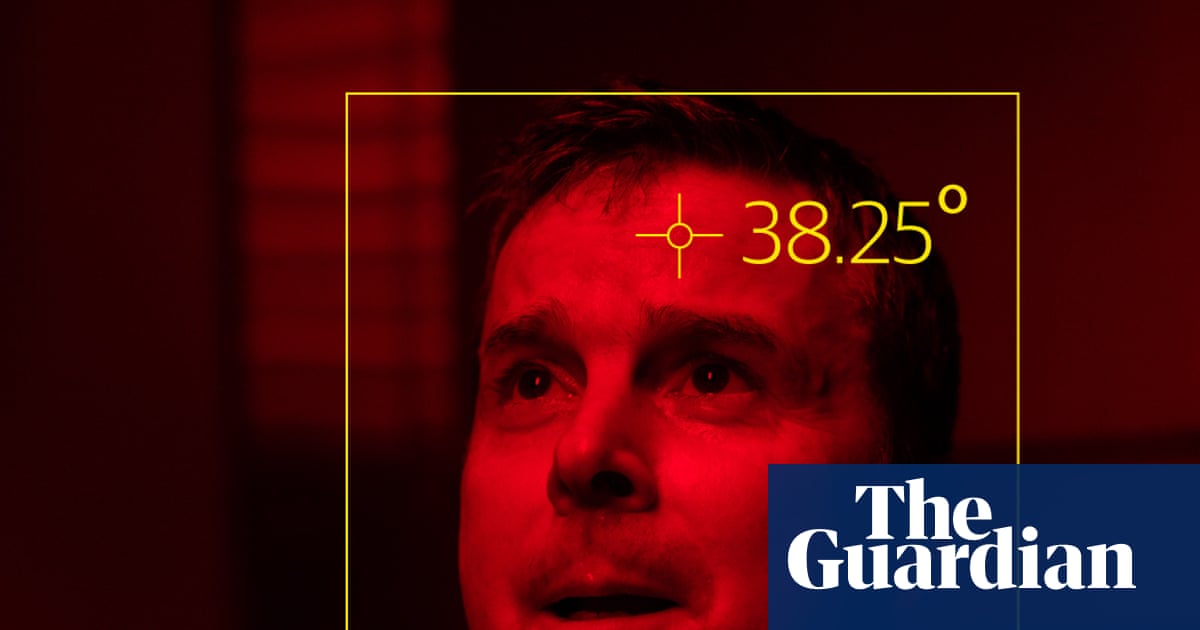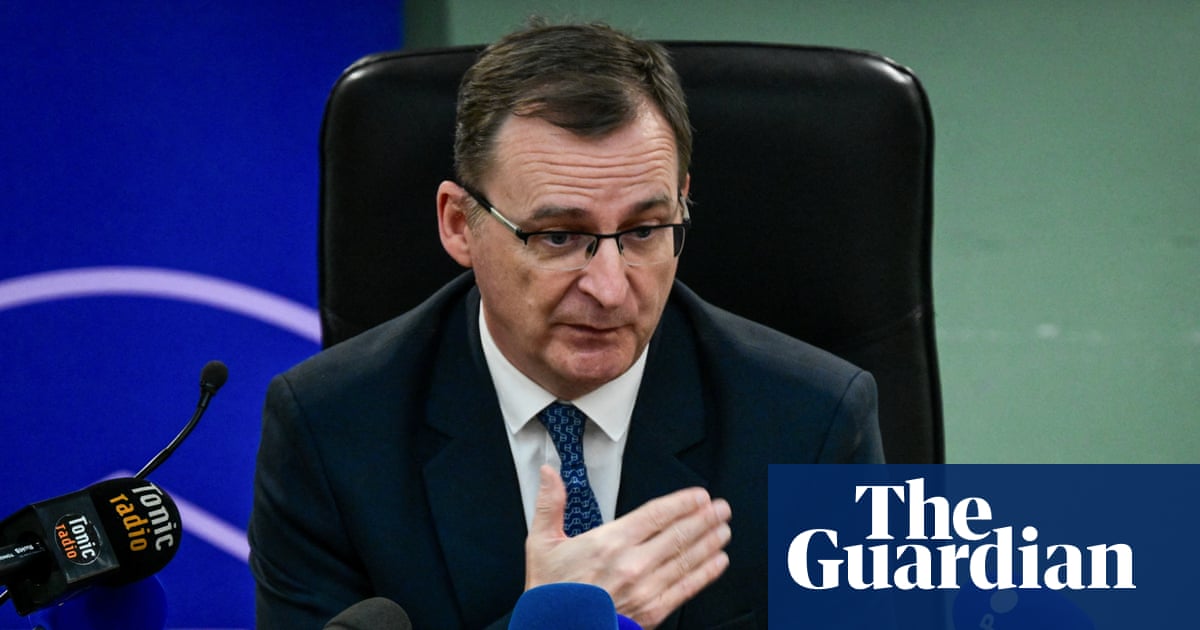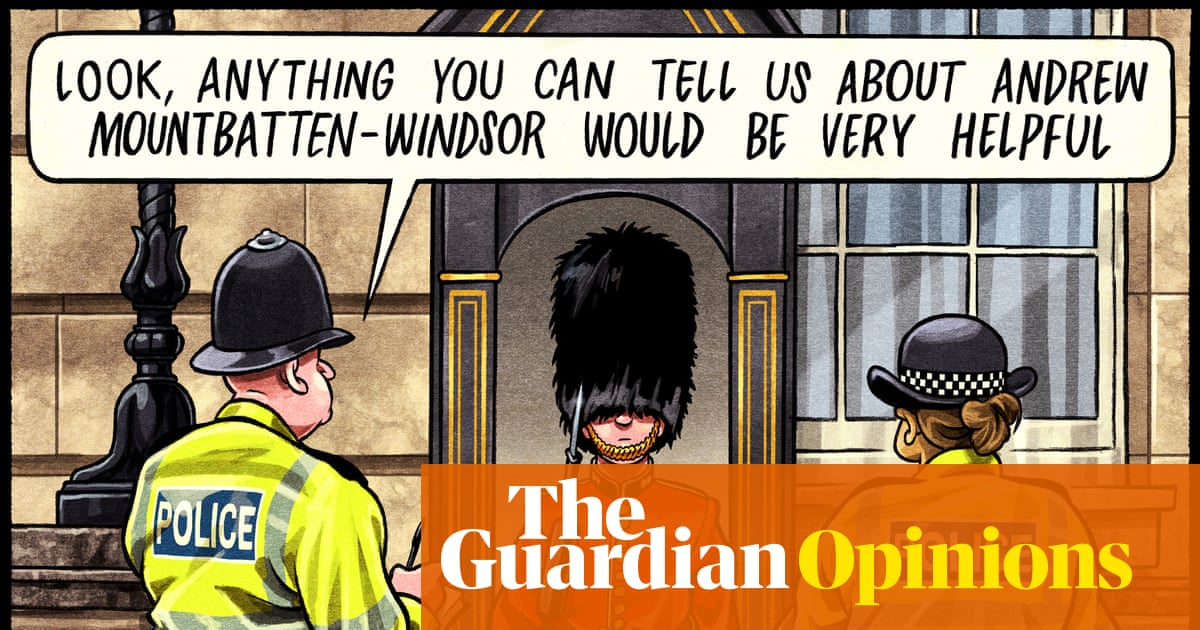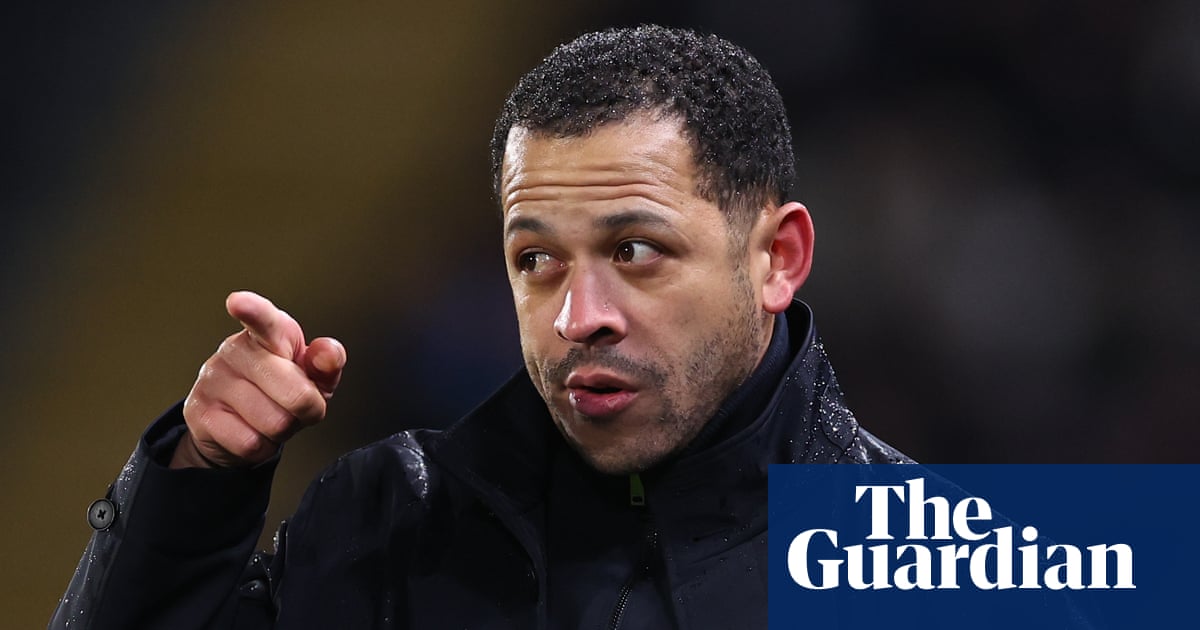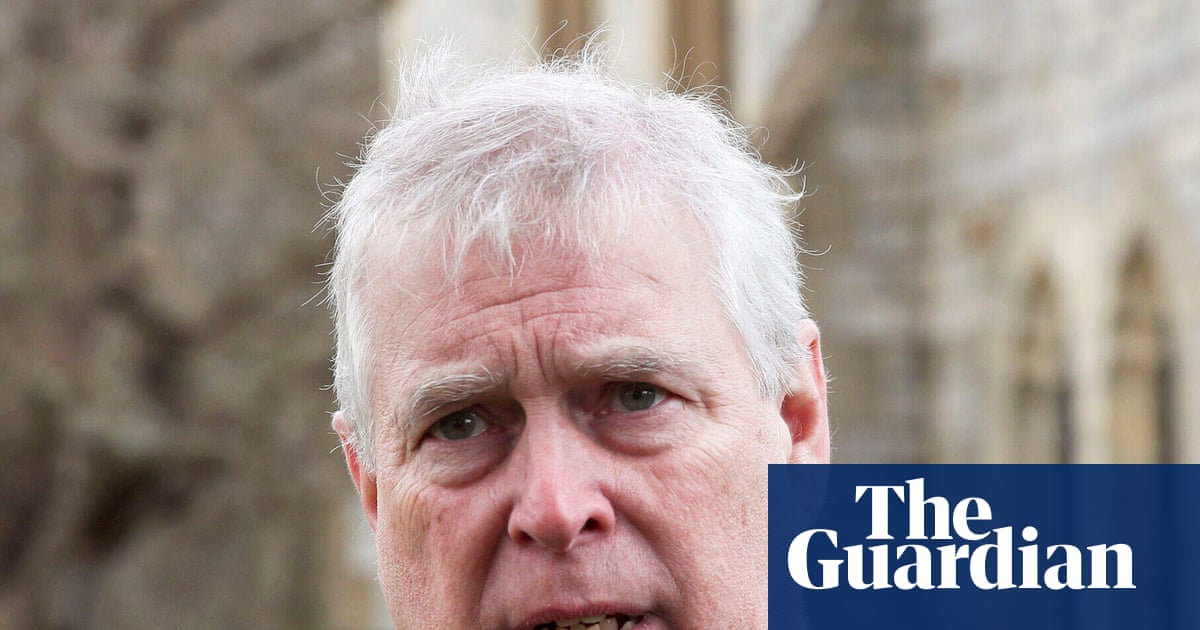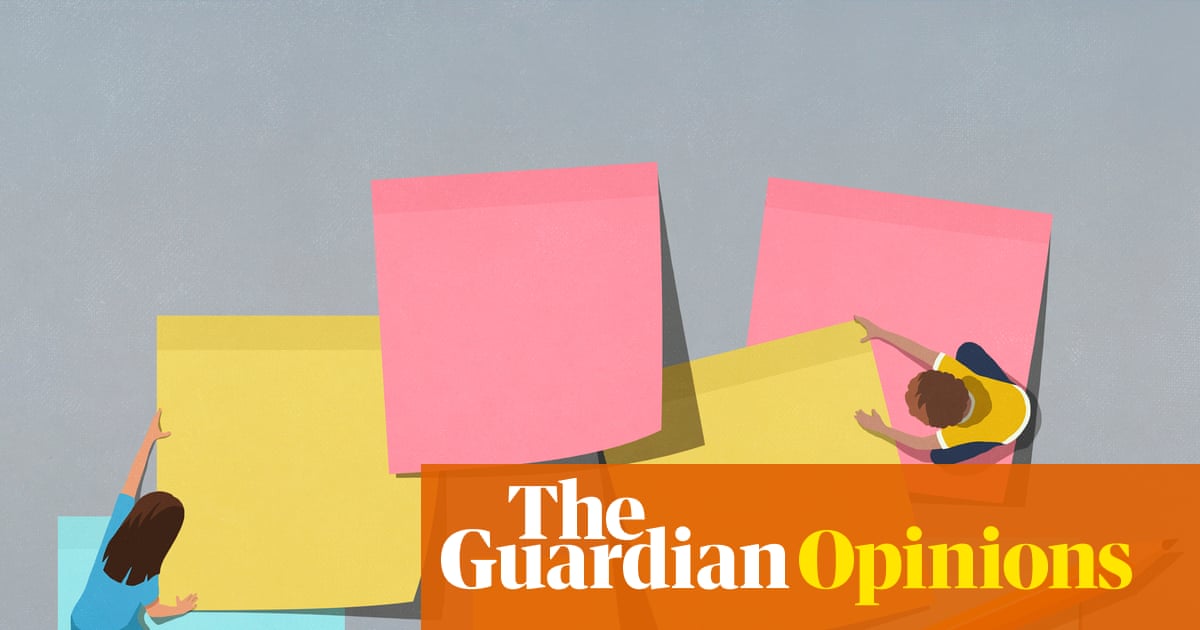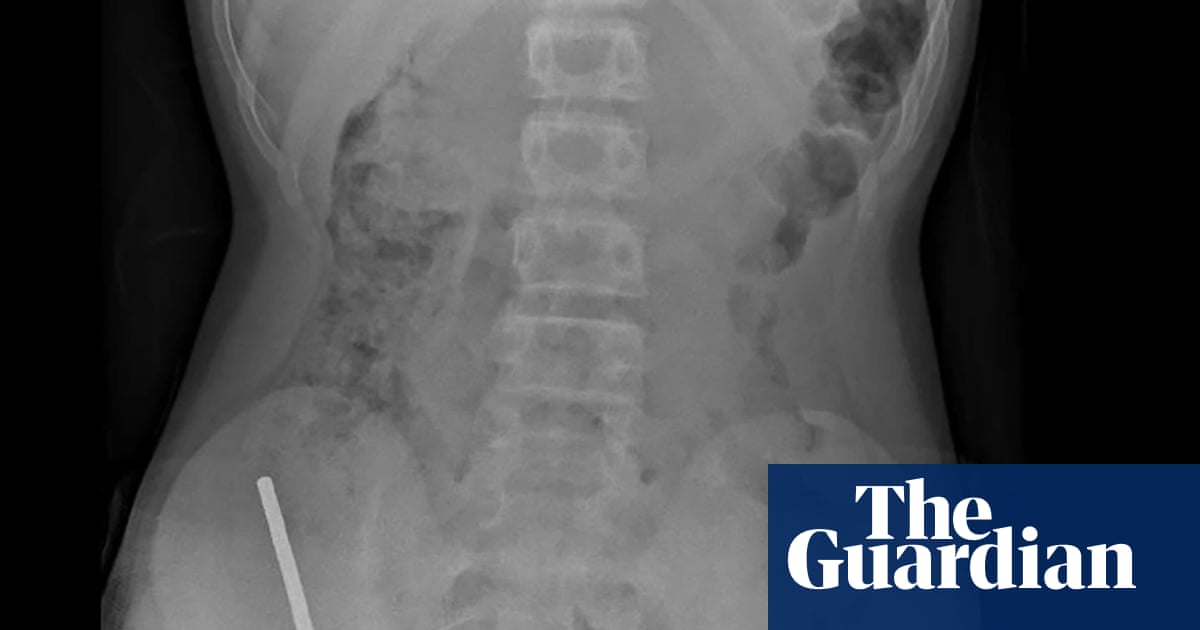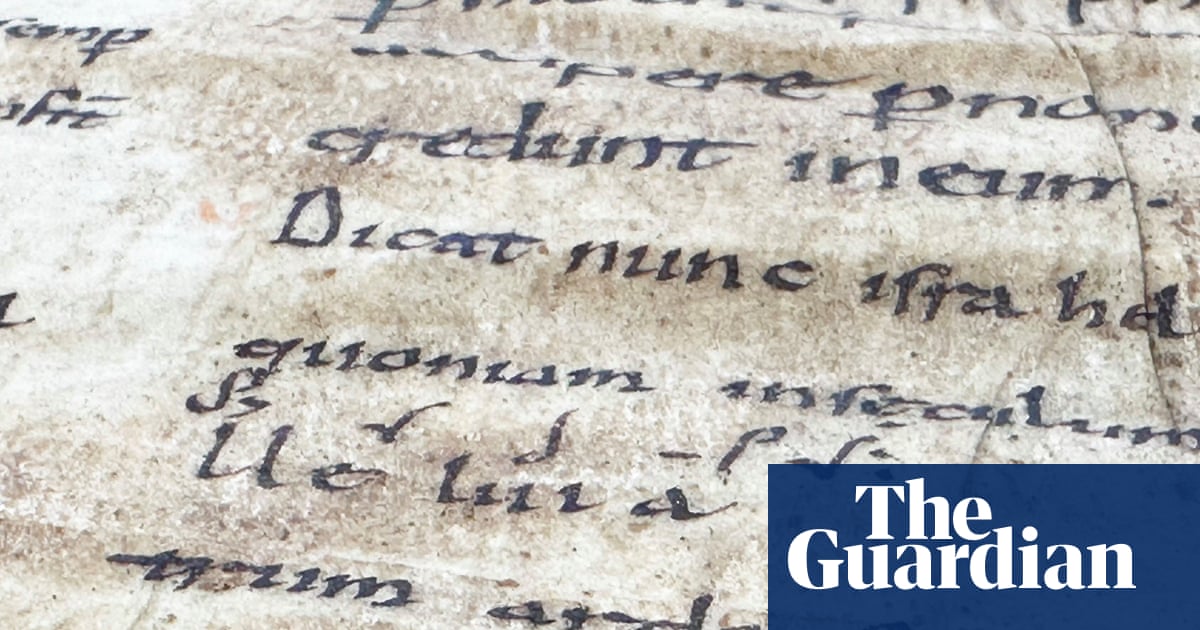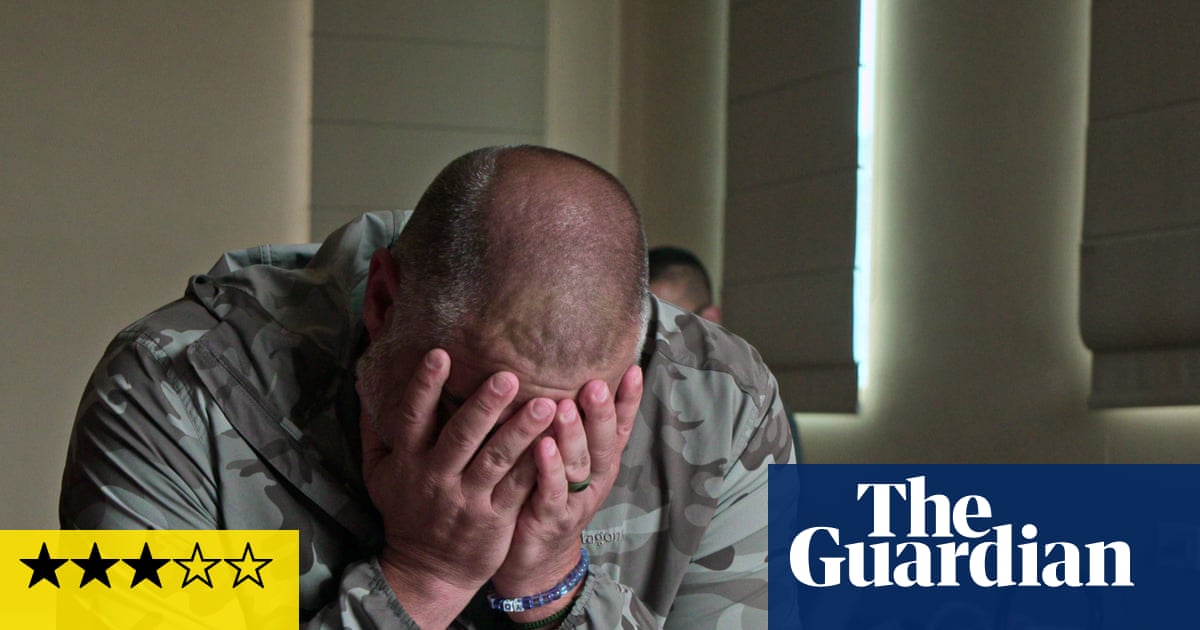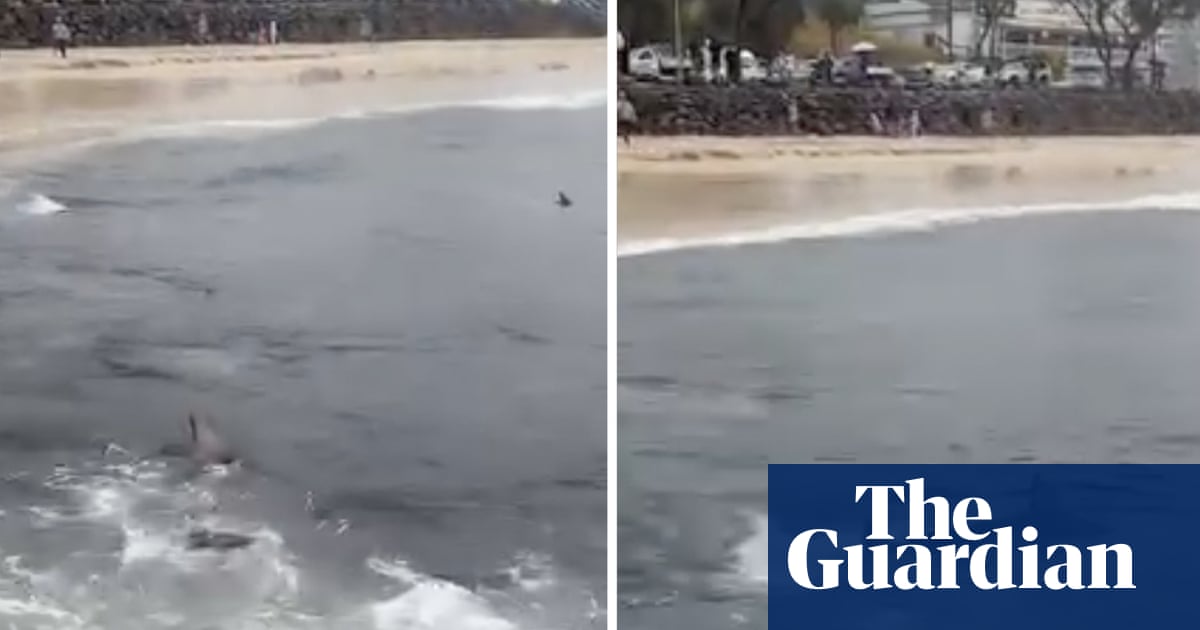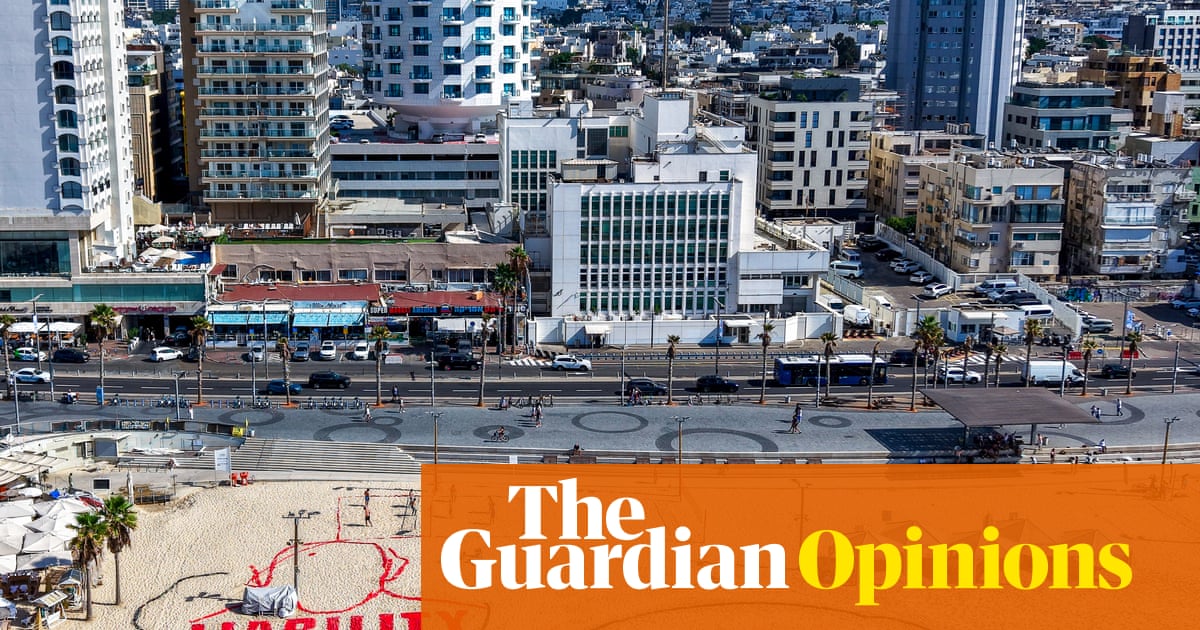The US secretary of state, Marco Rubio, on Wednesday warned Israel against annexing the West Bank, calling lawmakers’ preliminary vote to extend sovereignty in the occupied area and the surge in settler violence there a “threat to peace.”
A bill applying Israeli law to the occupied West Bank, a move tantamount to the annexation of land Palestinians want for a state, won preliminary approval from Israel’s parliament on Wednesday, barely a week after Donald Trump pushed through a deal aimed at ending a two-year Israeli offensive in Gaza.
Annexation moves were “potentially threatening for the peace deal,” Rubio told reporters. “They’re a democracy, they’re going to have their votes, and people are going to take these positions. But at this time, it’s something that we … think might be counterproductive.”
Although the bill still requires several rounds of approval to become law, its preliminary passage has embarrassed Benjamin Netanyahu, who had earlier urged lawmakers to delay its presentation during US vice-president JD Vance’s visit – an effort to preserve the fragile Gaza ceasefire. Washington has repeatedly said that any annexation of the West Bank would cross a red line.
“I will not allow Israel to annex the West Bank,” Donald Trump told reporters at the White House in September. “It’s not going to happen.”
“I think the president’s made clear that’s not something we can be supportive of right now,” Rubio said of annexation as he boarded his plane for a visit to Israel.
Defying Netanyahu’s warnings – he had also urged MPs from his Likud party to abstain – shouting erupted in the Knesset during the vote. Avi Maoz, a member of the far-right Noam party, declared: “The time has come to apply sovereignty,” insisting Israelis had a duty to “settle in the land of Israel”.
Some in Trump’s administration had previously backed Israel’s goal of annexing the West Bank. But the mood has shifted as several Arab and Islamic states – whose support Washington is seeking to help fund and staff a postwar stabilisation force in Gaza – have voiced strong opposition to any move to expand Israeli sovereignty in the occupied Palestinian territories.
Israel has occupied the West Bank since 1967 when it was captured from Jordan in the six-day war. Since then, successive governments have tried to permanently cement Israeli control over the land, in part by declaring swathes of the territory as “state lands”, which prevents private Palestinian ownership.
Since Hamas’s attack on 7 October 2023, which triggered Israel’s offensive in Gaza, the country’s far-right government – the most extreme in its history – has accelerated efforts to annex the West Bank, approving dozens of new settlements across the occupied Palestinian territories in an unprecedented expansion.
In August, Israel approved a long-delayed settlement project that would effectively sever the occupied West Bank from East Jerusalem, bisecting the territory and further undermining hopes for a viable Palestinian state.
Construction in the so-called E1 area has been stalled for more than two decades amid international opposition, but a defence ministry committee gave the go-ahead for 3,400 homes. The far-right finance minister, Bezalel Smotrich, who lives in the West Bank settlement of Kedumim, which is considered illegal under international law, announced the plans in summer, saying the very idea of a Palestinian state was “being erased”.
Alongside political moves toward annexing Palestinian territory, settler violence against Palestinians has sharply intensified since the war in Gaza began.
According to the UN, more than 1,000 Palestinians have been killed by Israeli forces or settlers in the occupied West Bank since 7 October 2023, while thousands more have been forcibly displaced by settler attacks, movement restrictions and home demolitions.
The UN reports that in the first half of 2025 there were 757 settler attacks resulting in casualties or property damage, a 13% rise compared with the same period last year.
Asked about increased violence by extremist Israeli settlers against Palestinians in the West Bank, Rubio said: “We’re concerned about anything that threatens to destabilise what we’ve worked on.”
On Monday, a 55-year-old Palestinian woman was taken to hospital after being beaten over the head by a masked Israeli settler while she was picking olives. Video footage of the attack shows the man striking her unconscious with a stick before hitting her again as she lay motionless on the ground.

 3 months ago
59
3 months ago
59

